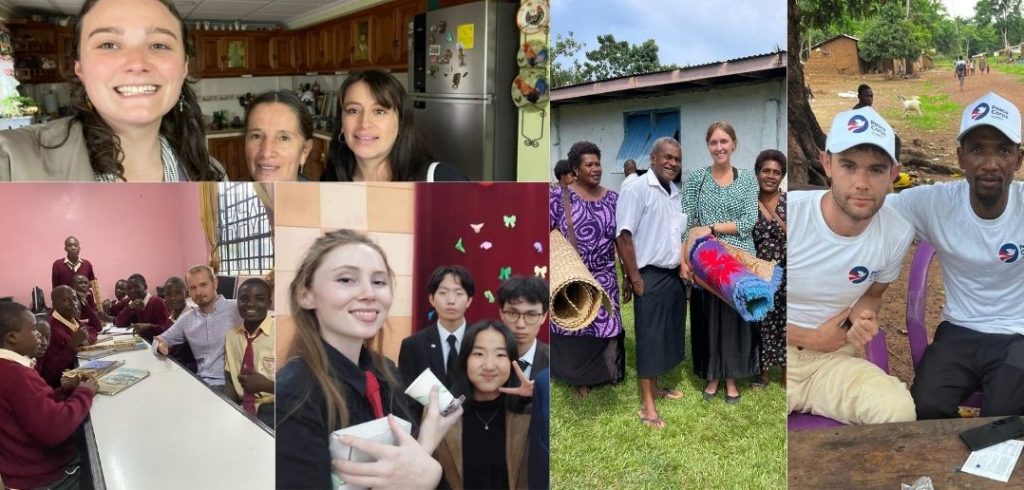
- This event has passed.
A Different Take on Israel/Palestine: Shared Histories, Divergent Pathways | Part II (1949-1979): In Dialogue with Hussein Ibish and David N. Myers
Thursday, January 25, 2018, 6 p.m.
During 2017-2018, a year abundant with anniversaries related to the Israeli-Palestinian conflict, Fordham University will host a three-part lecture series with Hussein Ibish and David N. Myers offering “A Different Take on Israel/Palestine: Shared Histories, Divergent Pathways.”
Part I (September 14, 2017) will focus on 1882 to 1948.
Part II (January 25, 2018) will focus on 1949 to 1979.
Part II (March 20, 2018) will focus on 1979 to the present.
Hussein Ibish, Ph.D., is a senior resident scholar at the Arab Gulf States Institute in Washington, D.C., a weekly columnist for the National (UAE) and NOW, and a monthly contributing opinion writer for the The New York Times. Ibish has made thousands of radio and television appearances and was the Washington, D.C., correspondent for The Daily Star (Beirut). Ibish also served as a senior fellow at the American Task Force on Palestine (ATFP), and executive director of the Hala Salaam Maksoud Foundation for Arab-American Leadership from 2004 to 2009. From 1998 to 2004, he was the communications director for the American-Arab Anti-Discrimination Committee.
David N. Myers, Ph.D., is a professor of history and the Sady and Ludwig Kahn Chair in Jewish History at UCLA. He is also currently the CEO of the Center for Jewish History in New York. Myers is the author of Re-Inventing the Jewish Past: European Jewish Intellectuals and the Zionist Return to History (Oxford, 1995), Resisting History: Historicism and its Discontents in German-Jewish Thought (Princeton, 2003), and Between Jew and Arab: The Lost Voice of Simon Rawidowicz (Brandeis University Press, 2008). He has also edited six books, including The Jewish Past Revisited; Enlightenment and Diaspora: The Armenian and Jewish Cases, and Acculturation and its Discontents.
This event is co-sponsored by Fordham’s Jewish Studies program, Middle Eastern Studies program, Peace and Justice Studies program, and Department of History.



